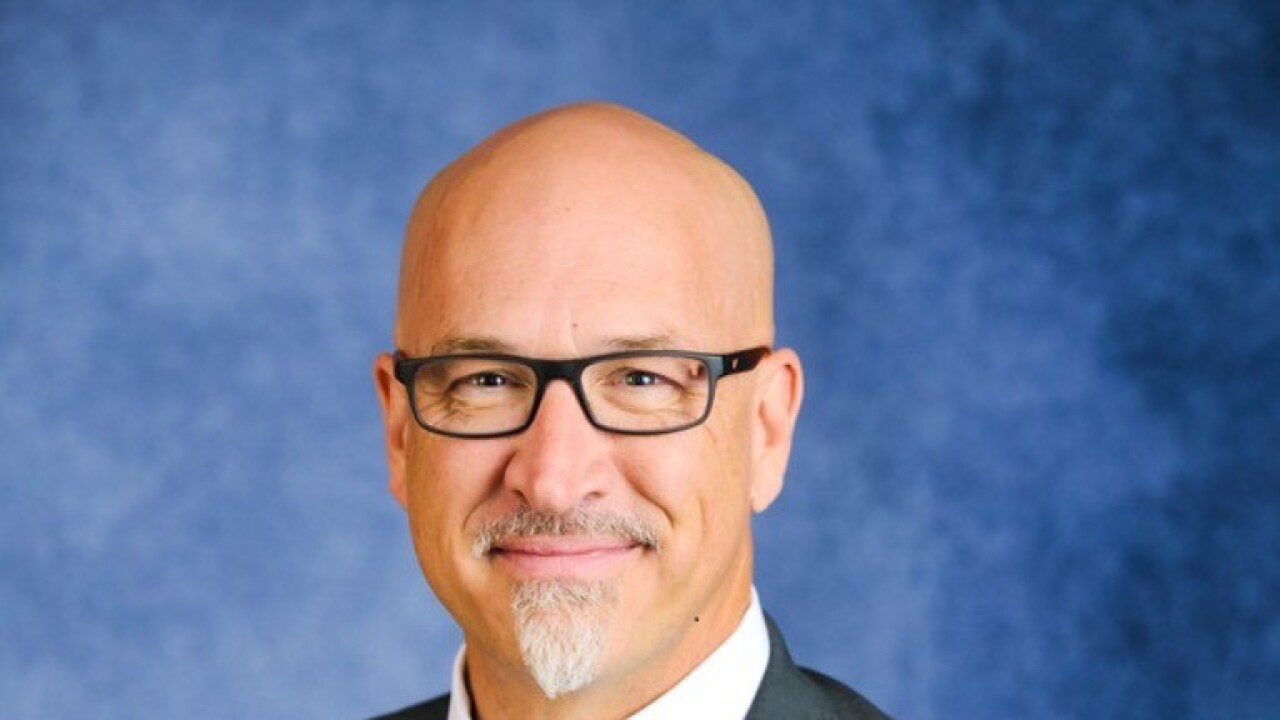As if the Patient Protection and Affordable Care Act didn’t give employers enough to worry about, a PPACA-related regulatory headache may be taking hold for small firms.
Despite the possibility that the Supreme Court could in just a few days rule to water down or strike PPACA entirely, the Obama administration is investigating the possibility of imposing limits on stop-loss coverage that could severely undermine the ability of small and midsize businesses to offer self-insured plans. It stems from a formal request for information about federal rules relating to stop-loss insurance, which is seen as a precursor to a regulation.
Critics contend that such a move would force these employers to adopt less flexible, fully insured plans and funnel millions of Americans into health insurance exchange that are slated to take effect in 2014 under PPACA. They also are crying foul about big business having an unfair advantage and raising questions about what may be motivating regulators to pursue this action.
Several leading Republican senators have sought an explanation from the Departments of Treasury, Labor, and Health and Human Services as to why they submitted an RFI. Olympia Snowe (R-Maine), Michael Enzi (R-Wyo.) and Tom Coburn, M.D. (R-Okla.) recently wrote in a letter that stop-loss insurance “is critical for operating a predictable, affordable self-insured health plan. Any possible disruption of these services is of paramount concern to lawmakers, employers, and tens of millions of plan participants.”
Lobbyists for small businesses and self-insured plans are sounding their own alarms over the prospect of stop-loss restrictions on self-insurance.
“The preamble of the RFI clearly demonstrates that the regulators have received significant disinformation about how the self-insurance marketplace actually operates and the role of stop-loss insurance,” explains Mike Ferguson, COO of the Self-Insurance Institute of America, Inc. in Simpsonville, S.C.
Amanda Austin, director of federal public policy for the National Federation of Independent Business in Washington, D.C., believes that the proposal is partly driven by a desire to ramp up PPACA insurance exchanges, calling it “one of many examples of PPACA-inspired micromanagement of health care.” NFIB fears that requiring its members to shuffle more paper will interfere with business growth.
Ferguson describes as a “canard” any contention that smaller firms will migrate in large numbers to self-insurance so they can bypass PPACA. “The fact is,” he says, “that non-grandfathered self-insured plans are subject to almost all the same rules as fully-insured health plans. Moreover, self-insured employers retain all of the legal and financial liability for their plans.”
Noting that the decision to self-insure enables employers to accept more risk in exchange for higher return, Austin says it’s unfair for the government to “arbitrarily deny small business the right to self-insure while allowing big business to do so.” NFIB would prefer that insurance markets be allowed to function properly.
“If the government wishes employers to insure their employees through the SHOP exchanges,” she poses, “then make the SHOP [Small Business Health Options Program] exchanges attractive places to do business. That means well-functioning services, simple forms, competent administrators, well-designed websites, and telephones that don’t go straight into voicemail. It also means adding attractive and innovative features like defined-contribution capabilities.”
Bruce Shutan, a former EBN managing editor, is a freelance writer based in Los Angeles.





